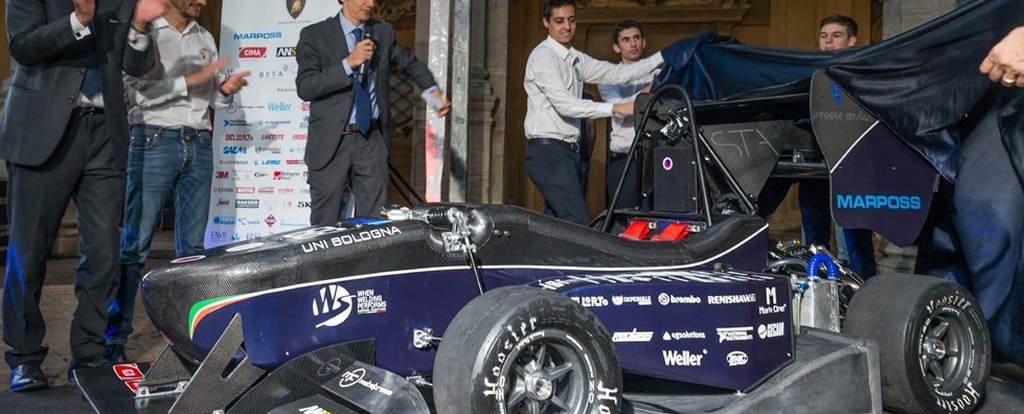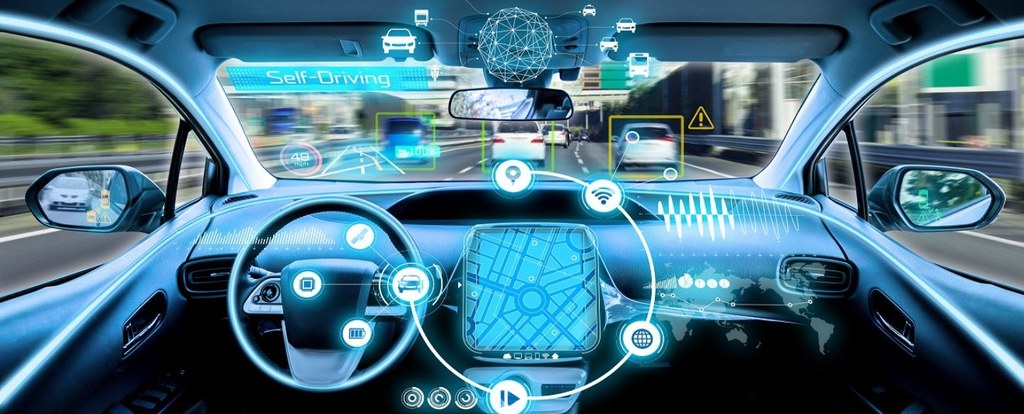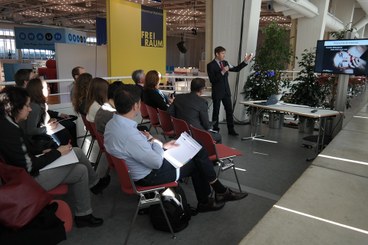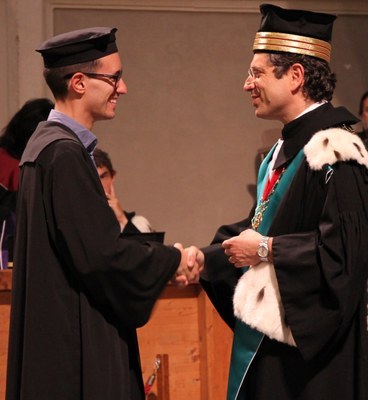Homepage

PhD in Automotive for Intelligent Mobility
The PhD in Automotive for Intelligent Mobility is jointly offered by the University of Bologna, University of Modena and Reggio Emilia and University of Parma. The PhD program trains highly qualified personnel with multidisciplinary skills, capable of directing research and development, also in the industrial sector, on innovative vehicles, creating a joint view in the third level of instruction among mechanical, industrial, electronic, telecommunications, controls, electrical, computer, logistics and civil engineering.
Go to page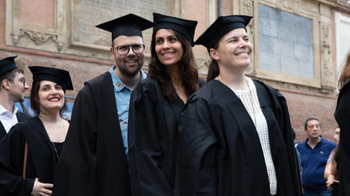
Interested in a PhD programme?
Participate online on 26 February from 10:30 to 11:30 a.m. on MsTeams. A chance to find out why the PhD is a great starting point in advancing your education and embarking on a research career. The event will be held in Italian.
Go to pageWhat is the housing condition of students? Help us understand by filling out the questionnaire
Housing is a growing obstacle to education. The survey will help understand it, engage stakeholders, and push for concrete solutions.
Go to pageGenerative Artificial Intelligence: University Policy and Practical Use Cases
Guidelines, practical examples, and operational insights to ethically and responsibly use GenAI in your academic journey.
The University of Bologna has introduced a policy to promote the ethical and responsible use of Generative Artificial Intelligence (GenAI) in academic activities, ensuring its integration aligns with academic standards of quality, ethics, and integrity.
Meet Stefano Caprioli, PhD Student - Moving towards cleaner engines
Towards Sustainable Mobility: Engine Technology and Fuel Solutions
Stefano's research focuses on exploring and analysing potential solutions to enhance the efficiency of internal combustion engines and reduce their environmental impact in the context of decarbonization. Utilizing Computational Fluid Dynamics (CFD) simulations, his work delves into the application of renewable fuels, such as hydrogen, and in particular the impact on these fuels on the combustion process . These detailed simulations are corroborated by experimental data, enabling the development of predictive models for various engine layouts.
Meet Michael Bosello PhD Student - Autonomous Drone Racing
At Abu Dhabi’s Autonomous Robotics Research Center, Michael’s team is bringing innovations to the field of drone racing.
Their goal? Developing a drone capable of autonomous flight, matching human pilot skills.
Using cutting-edge technology, they’re tackling challenges such as rapid state estimation and control to fly through intricate courses. This isn’t just about racing; it’s about shaping the future of transportation and delivery services, making our world faster and safer.
Highlights
Spotlights
ANVUR Accreditation Visit 2025
How the visit works, its phases, and the actors involved.
Are you interested in global sustainability? Join the Una Europa Virtual Exchanges for Sustainability (UnaVEx)
From 5 to 26 March, multidisciplinary and intercultural activities include sustainability lessons and “Virtual Exchange” in international groups. Registration open until 28 February.
Which Encyclopedias and Libraries for the Future
From 25 to 27 March, take part in the Seasonal School of the Collegio Superiore, focused on the tools of research and of scientific, cultural, and political production and communication.
Transferable skills: key tools for education and work
From entrepreneurship to AI, from digital media to active citizenship, from communication and public engagement to employability: enroll now.

